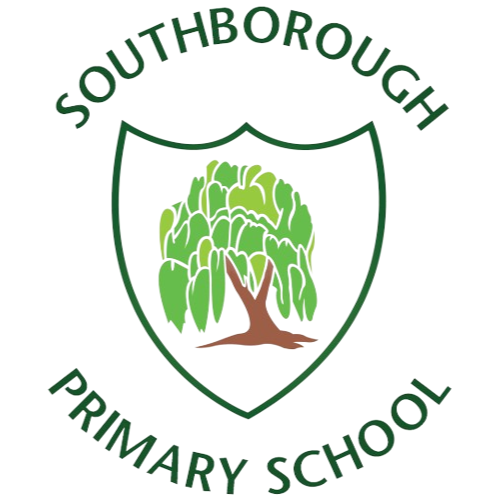Maths
We are MathematiciansWe teach the white rose curriculum from EYFS to Year 6. Southborough mathematicians are thinkers and problem solvers. We will use our prior mathematical knowledge to make connections between different areas of mathematics, enabling us to reason effectively. We can use different manipulatives, resources and diagrams to explain and develop our understanding of mathematical concepts. Resources and equipment are audited regularly so that children have materials of high quality and accuracy to support their learning. Our resources allow us to use models and images to support learning in each area and enable the progression from concrete to pictorial to abstract. Children are familiar with these resources and can access them independently where needed. Teachers also implement the schools agreed calculation policies for progression in written and mental calculations. Pre and post unit assessments are used where appropriate along with termly Pixl assessments which help teachers to gather an understanding of their pupil’s existing and developing knowledge and skills. Correct mathematical vocabulary is used by all teachers and this is discussed with and explained to children who are then encouraged to use it independently when talking about maths. Timetabled Pixl interventions for maths are in place for children that require pre teaching or catch up intervention. All other children receive regular support as part of their maths lessons with further support for individuals or small groups where a need is identified. Fluency is developed through repeating, reinforcing and revising key skills. Regular arithmetic takes place in all classes. Children are given time to practice and perfect their calculation strategies including giving pupils the opportunity to make appropriate decisions when estimating, calculating and evaluating the effectiveness of their chosen methods. Feedback is given in a variety of ways to ensure pupils are well informed and making visible progress. Discussion is essential to learning and children are encouraged to discuss their thoughts, ideas and methods with a partner, group or the teacher. Task types are varied to suit different pupils and their learning preferences; developing reasoning remains one of our key focuses. Investigative tasks are designed to allow pupils to follow lines of enquiry and develop their own ideas, justifying and proving their answers. Children work both collaboratively and independently when solving problems which require them to persevere and develop resilience. |
